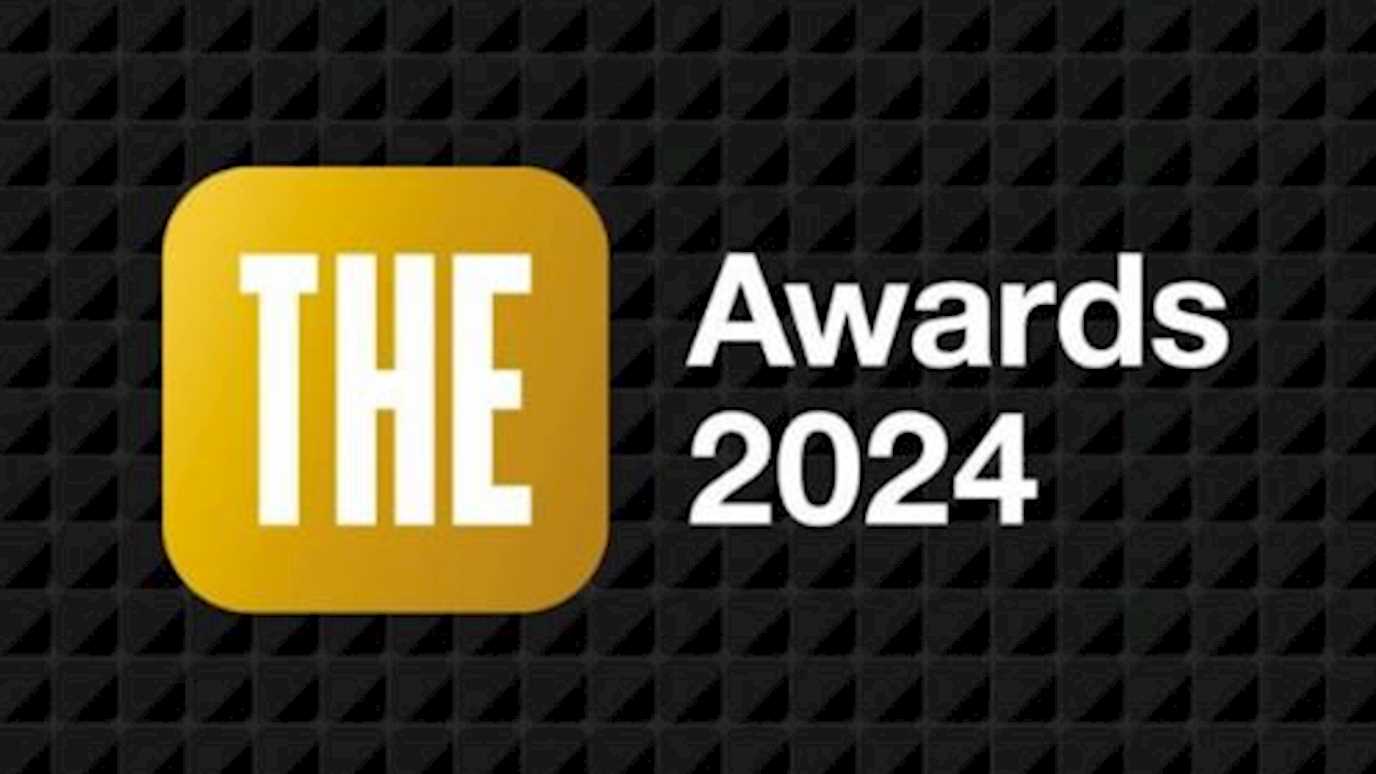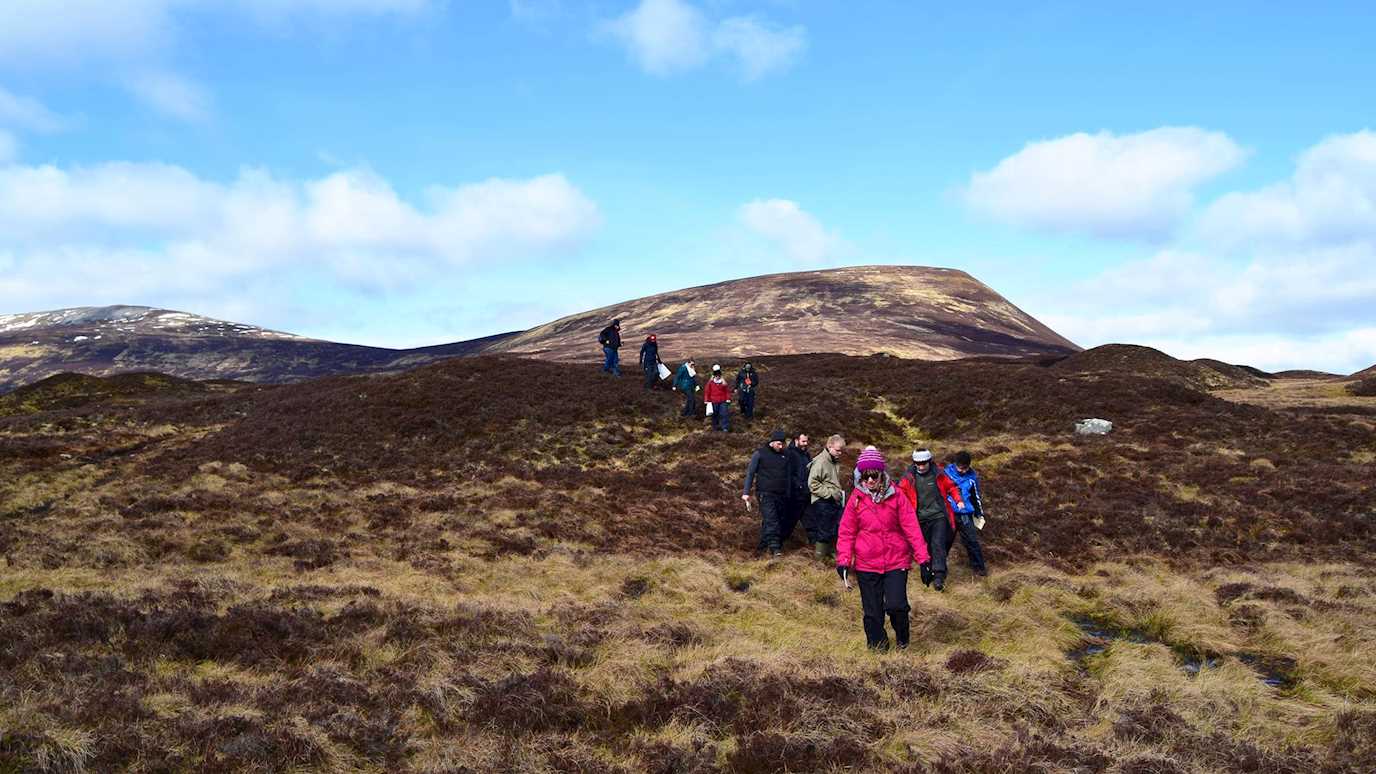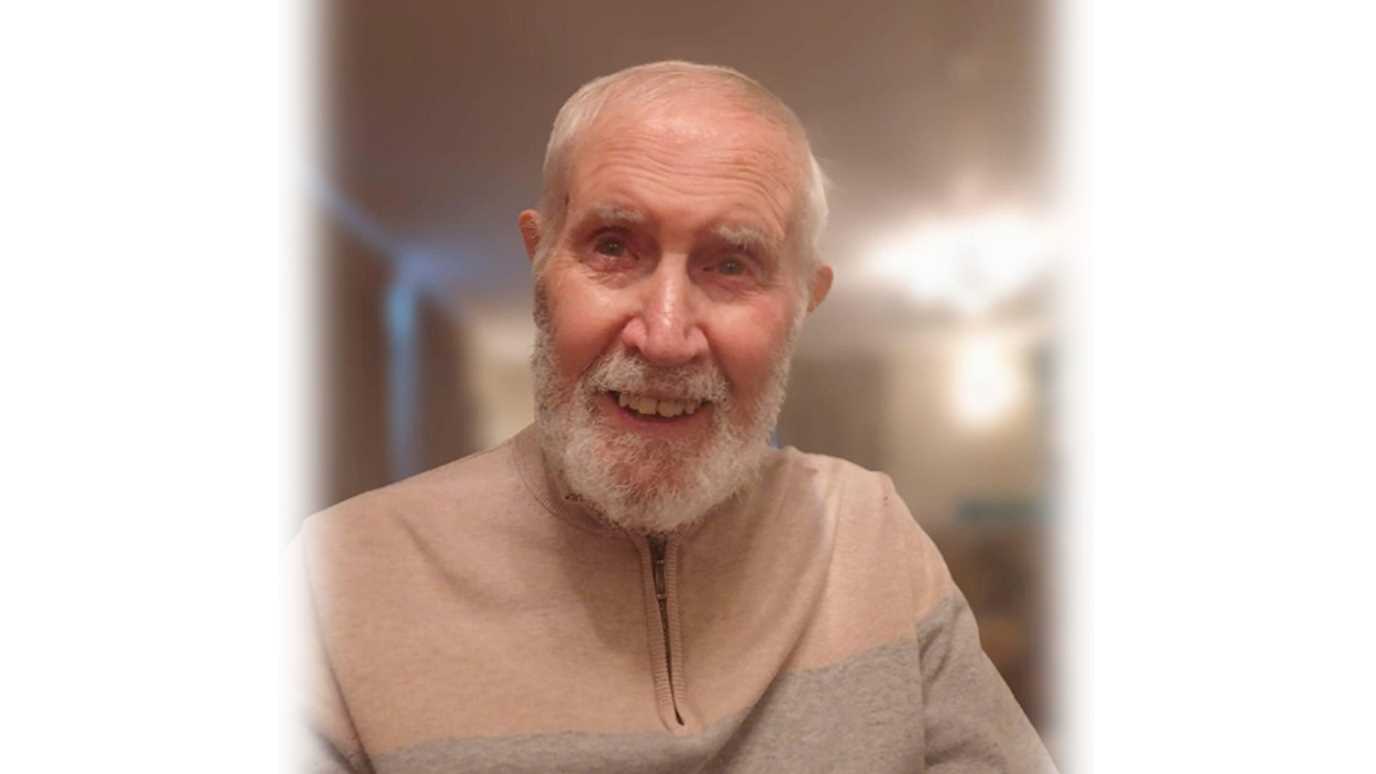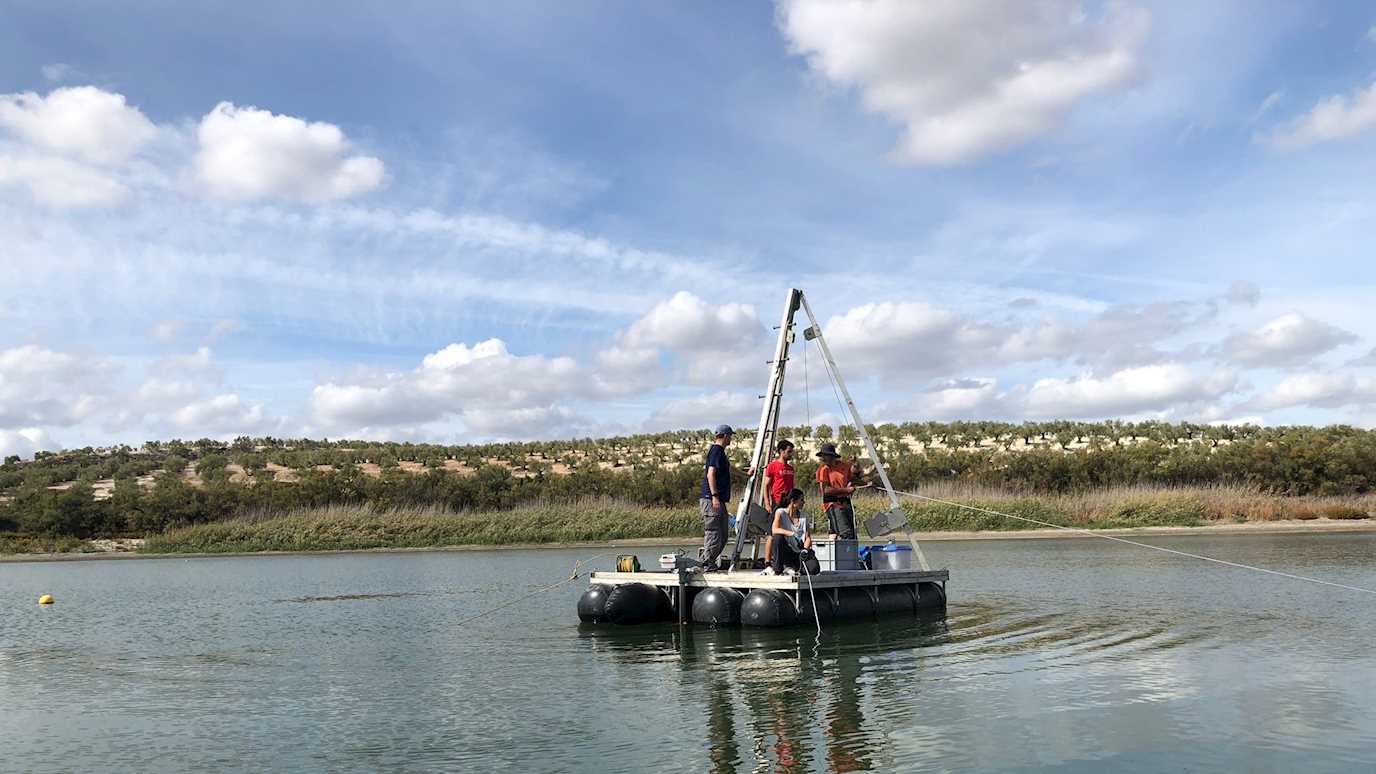We are delighted to see the Handbook of Displacement published.
Edited by a team from the Department including Peter Adey, Janet Bowstead, Katherine Brickell, Vandana Desai, Mike Dolton, and Alasdair Pinkerton, the Handbook is a landmark text that traces the achievements and knowledge gaps in the inter-disciplinary study of displacement.
Innovative in its reframing of displacement beyond international development and development studies, the text brings together a unique collection of conceptual, methodological and empirical chapters from scholars across the humanities and social sciences.
In doing so, the Handbook provides the knowledge and tools needed to understand how displacement is lived, governed, and mediated as an unfolding and grounded process bound up in spatial inequities of power and injustice. The handbook ensures, first, that internal displacements and their everyday (re)occurrences are not overlooked; second, it questions ‘who counts’ by including ‘displaced’ people who are less obviously identifiable and a clearly circumscribed or categorised group; third, it stresses that while displacement suggests mobility, there are also periods and spaces of enforced stillness that are not adequately reflected in the displacement literature; and fourth, it re-evokes and explores the ‘place’ in displacement by critically interrogating peoples’ ‘right to place’ and the significance of placemaking, unmaking, and remaking in the contemporary world.
The 50-plus chapters are organised across seven themes designed to further develop interdisciplinary study of the technologies, journeys, traces, governance, more-than-human, representation, and resisting of displacement. The interventions explore myriad meanings and manifestations of displacement and its contestation from the perspective of displaced people, artists, writers, activists, scholar-activists, and scholars involved in practice-oriented research.
The Handbook will be an essential companion for academics, students, and practitioners committed to forging solidarity, care, and home in an era of displacement. Congratulations to all involved.
You can find out more about the Handbook of Displacement here.
























